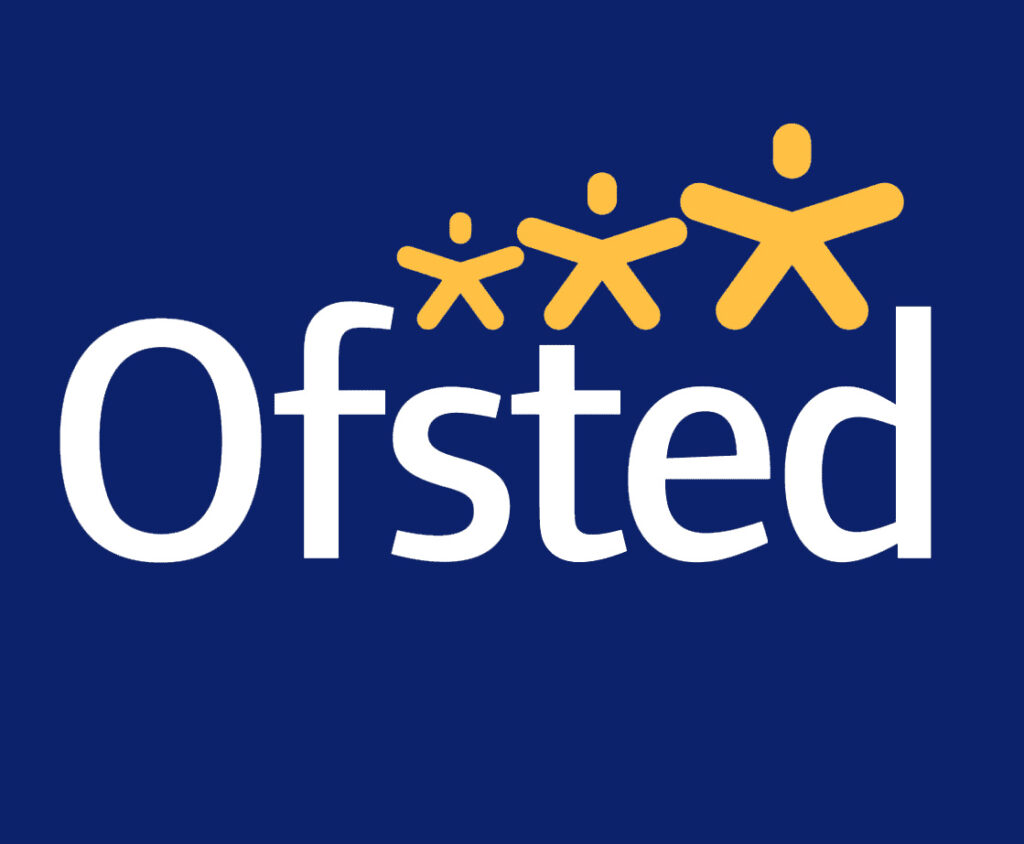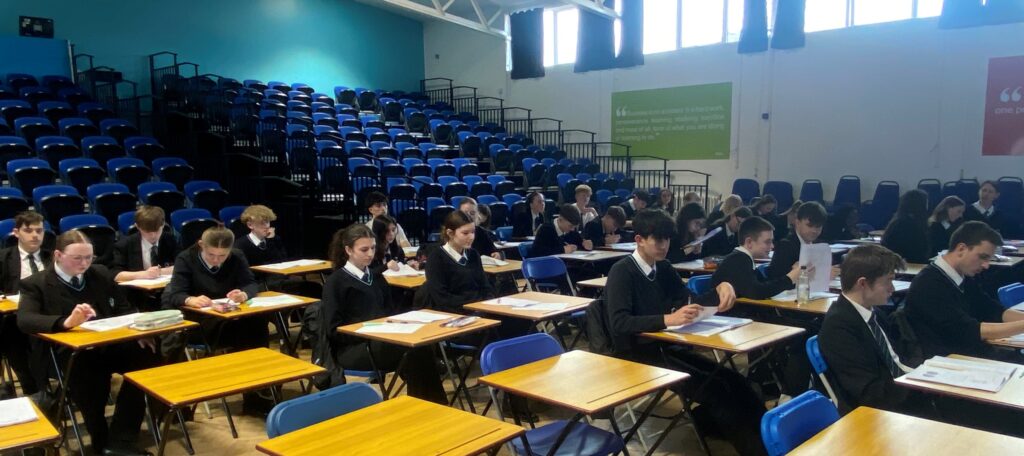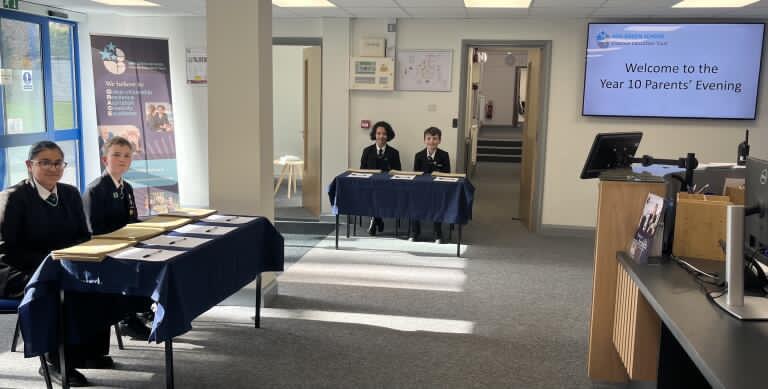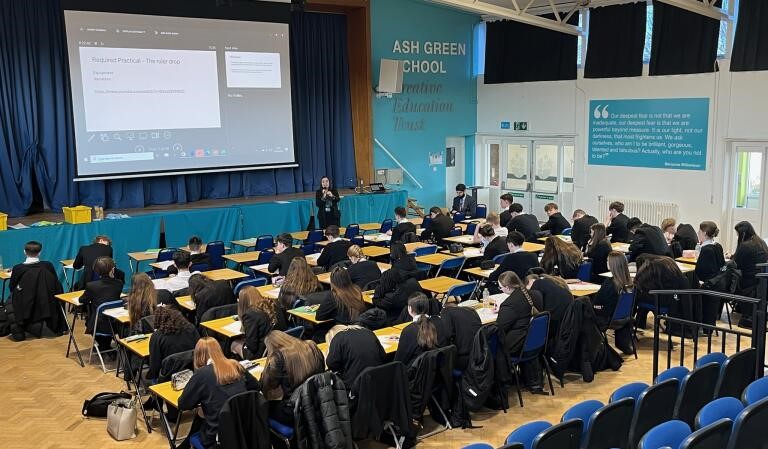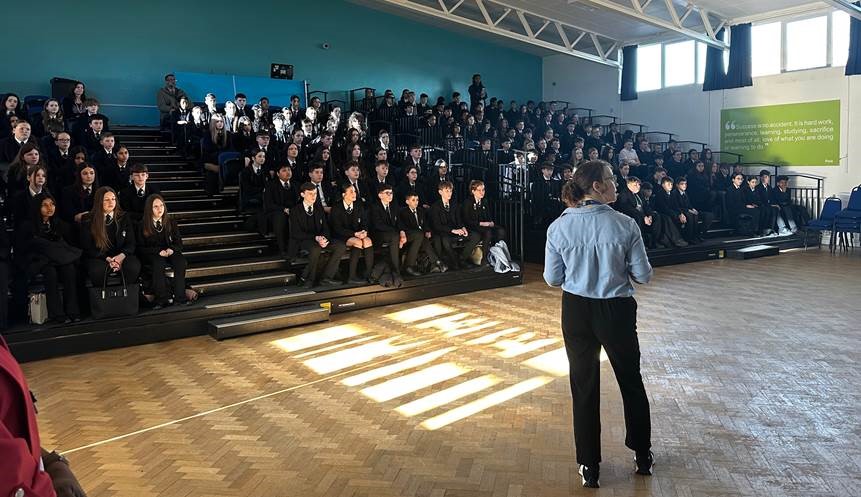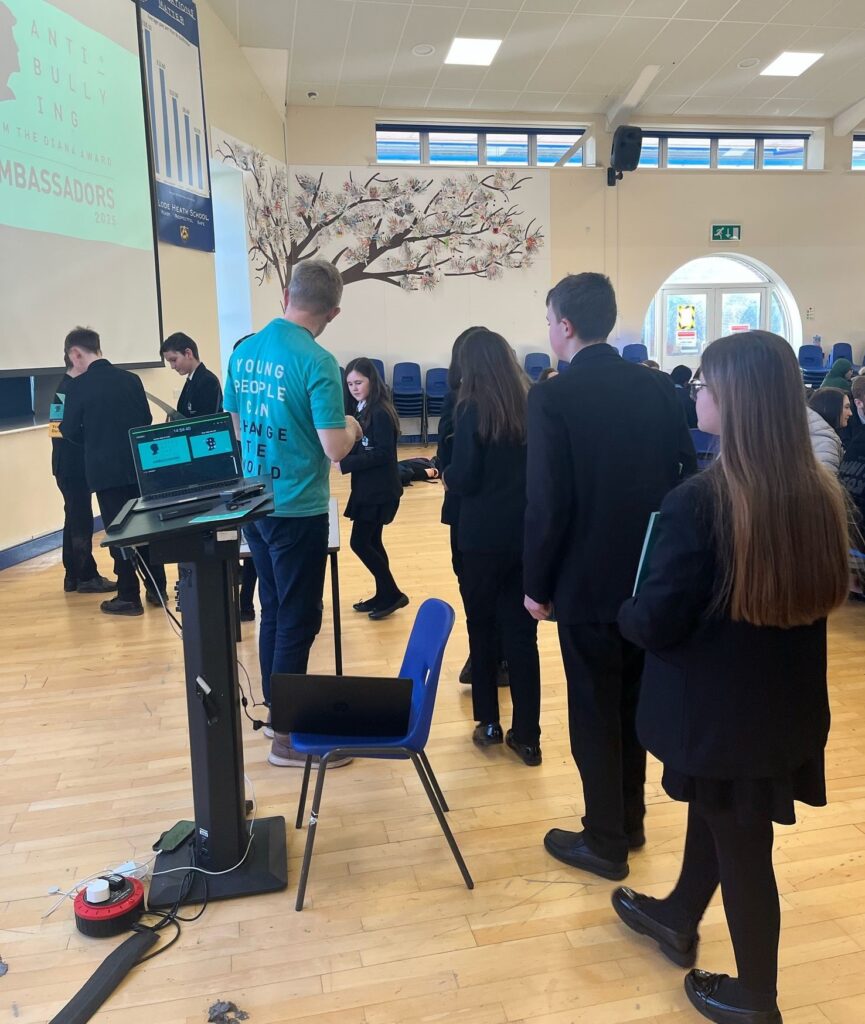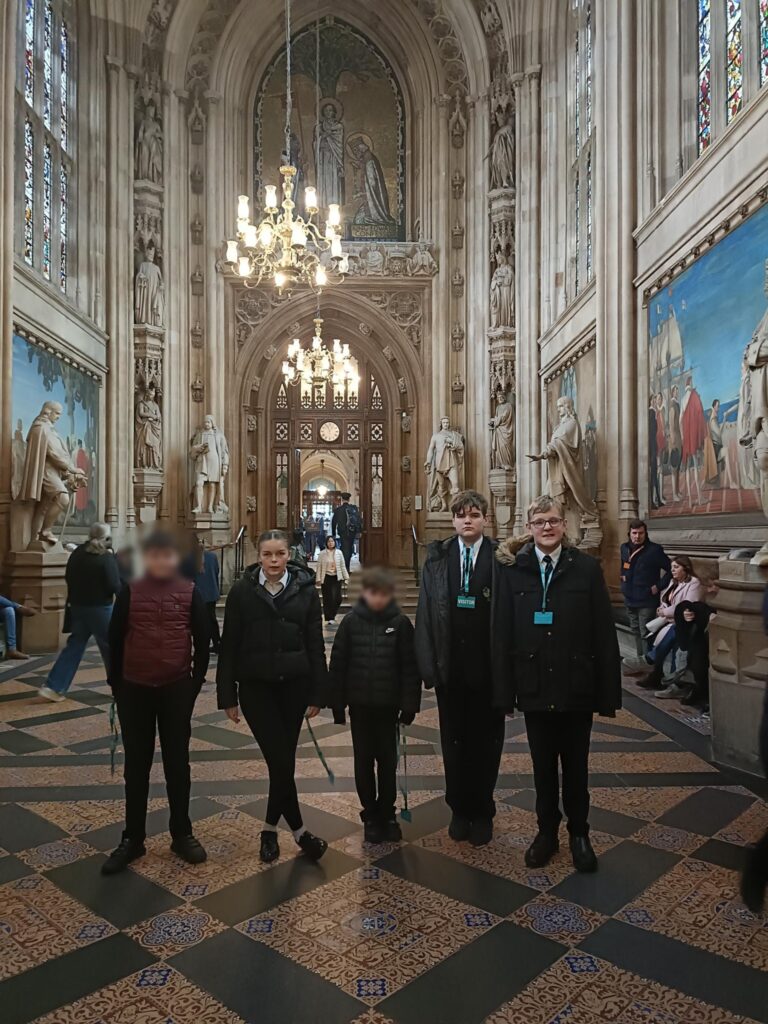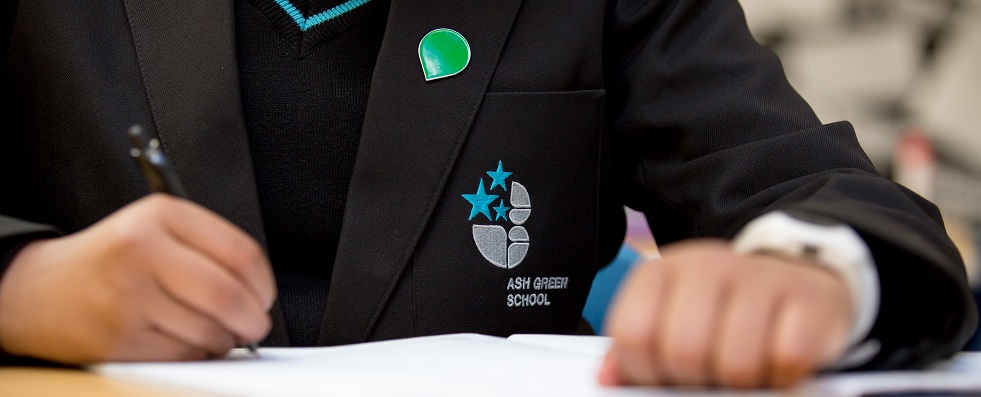

Dance
Dance Curriculum – KS4
| Exam board rationale: |
| Student’s study BTEC TECH in Performing Arts (Dance Pathway), through the exam board Pearson. Students thrive off the vocational subject which is showcased within their final qualification grade. The BTEC TECH award gives staff the freedom to tailor the course to suit the needs of a mixed ability class while ensuring all students are challenged and stretched accordingly, therefore gaining powerful knowledge. The continual popular uptake to the BTEC TECH award highlights its success and importance to the students. The freedom the BTEC TECH award prepares students in furthering their dance careers at Level 3, while encouraging them to become independent learners and free thinkers. |
| Pupils must be experts in these core topics of study (assign each a colour for mapping): | |
| Component 1- Exploring the Performing Arts | In-depth understanding of a variety of practitioners from different time periods, in difference dance styles. Improving students’ knowledge in: dance history, style, creative intentions, performance process, input of performer and non-performer and the interrelationships of all components needed when putting on a dance production. |
| Component 2- Developing Skills and Techniques in the Performing Arts | Students will develop their understanding of a variety of dance styles while building upon their dance skills and techniques. Developing their understanding of the professional dancer. |
| Component 3- Responding to a Brief | Students will use their previous learning of component 1 and 2 to enable them to complete the external task. Students in groups of 3-7, will work collaboratively to produce their own 15minute dance production devised from a stimulus. |
Assessment
Map of what will be assessed in each of the assessment windows.
| YEAR | WINDOW | CORE TOPICS |
| 11 | January – May | Component 3- Responding to a Brief (External Exam) |
| September – December | Component 2- Developing Skills and Techniques in the Performing Arts (Internal Assessment) | |
| 10 | June – July | Component 2- Developing Skills and Techniques in the Performing Arts (Internal Assessment) (Mock) |
| January – May | Component 1- Exploring the Performing Arts (Internal Assessment) | |
| September – January | Component 1- Exploring the Performing Arts |
The table below will help you to map out where the core topics are developed across the curriculum – use the colours from STEP 2
| Year | Core | Core | Core | |
| 10 | BTEC TECH- Performing Arts Dance Component 1- Exploring the Performing Arts | BTEC TECH- Performing Arts Dance Component 2- Developing Skills and Techniques in the Performing Arts | ||
| 11 | BTEC TECH- Performing Arts Dance Component 3- Responding to a Brief (Mock) | BTEC TECH- Performing Arts Dance Component 3- Responding to a Brief- External Assessment | ||
STEP 5 – Medium Term Planning
YEAR 10- BTEC TECH (Dance)
| SUM1 | SUM2 | |
| By the end of this programme of study, pupils will… | Develop their performing arts skills and techniques in rehearsal and performance through the reproduction of Dance/Drama repertoire as performers. Communicate intentions to an audience through Dance/Drama performance. Replicate styles and intentions. Learners will be able to track their progress during this component, reflecting on their development of skills and working practices in workshops, through to rehearsals and performances. | |
| Core Course Topics: | Component 2- Developing Skills and Techniques in the Performing Arts (Mock) | |
| Powerful Knowledge: Knowledge to be reviewed and retained for future learning | Technical skills in Dance. Projection, energy, communication with audience. Developing relationships with other performers. Developing self-discipline and being able to review and reflect on targets and progress. | |
| Transferable Skills: Skills that link directly to exam success | BTEC TECH-Component 2: Learning aim A: Develop skills and techniques for performance Learning Aim B and C: Apply skills and techniques in rehearsal and performance Applying skills and techniques that have been taught in lesson placing them into performance and thus preparing pupils for exam success. Learning aim D: Understanding target setting and reviewing and reflecting on targets. Understanding and exploring the key skills and techniques required to be a successful performer of Dance/Drama/Musical Theatre. Developing performance skills and techniques will enable students to consider their aptitude and enjoyment for performing arts, helping them to make informed decisions about what you study in the future. This component helps students to progress to Level 3 qualifications in performing arts, where skills and techniques are looked at in more detail. This component has many transferable qualities, for example communication skills and teamwork. | |
| Common Lexicon: | Actions Alignment Accuracy Awareness (Space and Audience) Balance Coordination Contraction Characterisation Communication Commitment Dynamic range Energy Expression Extension Facial expression Flexibility Focus and control Gesture Mannerism Movement memory Pace Posture Phrasing Projection Stamina Spatial awareness Suspension Interpretative skills Self-discipline Exaggeration Engagement with the audience Attitude Clear Replication Repertoire Style | |
| Assessment Focus: | Rehearsal assessment – How the student has developed throughout rehearsals (milestone performances and explorative workshops in rehearsals) Performance assessment – Individual or group performance. Log book submission – skills audit, target reflection/milestone workshop logs and evaluation. | |
| Ambition Curriculum Links: | -Self Confidence -Creative Thinking and Problem solving -A Broad Human Perspective -Team work -The ability to work under pressure -Sheer Enjoyment -Time Management – Self-Awareness -Self Discipline -Rehearsal etiquette – Experimenting and improvisation – Target setting, goal setting and understanding the importance of charting personal growth and development. -Reviewing and reflecting on goals. -Application of skill selection -Taking constructive criticism and responding to feedback. | |
| Extension Reading/Activities: Relevant trips, visits, PSHE links, enrichment activities, clubs, etc | Extra-Curricular: Dance club/Drama Club | |
| Online Resources: GCSEPod, Seneca, MyMaths, etc. | YouTube Websites | |
| Sequenced From: | In depth understanding of dance vocabulary, developing students’ focus, attitude, and movement memory. Student’s will focus on three practitioners in depth understanding the creative intentions, process and input of performer and non-performer. | |
| Sequenced To: | Focused study on three practitioners, understanding: creative intentions; process of performances; input of performer and non-performer; key themes while examining the interrelationships of the dance pieces. Detailed understanding of dance vocabulary, developing students dance technique and their understanding of the professional dance industry. |
YEAR 11- BTEC TECH (Dance)
| AUT1 | AUT2 | SPR1 | SPR2 | |
| By the end of this programme of study, pupils will… | Develop their performing arts skills and techniques in rehearsal and performance through the reproduction of Dance/Drama repertoire as performers. Communicate intentions to an audience through Dance/Drama performance. Replicate styles and intentions. Learners will be able to track their progress during this component, reflecting on their development of skills and working practices in workshops, through to rehearsals and performances. | Have created a piece of Dance from a given stimulus. Students will have created their own creative intentions as a group, and individually contributed to the ideas and process. Students will have gone through the rehearsal process, documenting their development along the way through sitting milestone log entries under exam conditions. Students will perform their piece to a live audience with confidence and flair and evaluate their performance. | ||
| Core Course Topics: | Component 2- Developing Skills and Techniques in the Performing Arts – Internal Assessment | Component 3- Responding to a Brief – External Assessment | ||
| Powerful Knowledge: Knowledge to be reviewed and retained for future learning | Technical skills in Dance. Projection, energy, communication with audience. Developing relationships with other performers. Developing self-discipline and being able to review and reflect on targets and progress. | BTEC TECH- Component 3: Learning Aim A A1- A1 Understand how to respond to a brief through discussion and practical exploration activities. Learning Aim B B1-Demonstrate how to select and develop skills and techniques that are needed to realise the creative ideas in response to a brief. Understanding the development process and showcasing the ability and knowledge of techniques that will portray the creative intention. Preparing pupils for exam success. Using inference and interpretative skills to explore a given stimulus. Students will abstract ideas from a given stimulus and brief and understand how to edit ideas and identify successful ones. Working in small groups to construct a performance from a variety of stimuli. Knowing how to try out and edit ideas. Working on individual practical performance. Working collaboratively, applying the skills obtained in component 1 and 2. | ||
| Transferable Skills: Skills that link directly to exam success | BTEC TECH-Component 2: Learning aim A: Develop skills and techniques for performance Learning Aim B and C: Apply skills and techniques in rehearsal and performance Applying skills and techniques that have been taught in lesson placing them into performance and thus preparing pupils for exam success. Learning aim D: Understanding target setting and reviewing and reflecting on targets. Understanding and exploring the key skills and techniques required to be a successful performer of Dance/Drama/Musical Theatre. Developing performance skills and techniques will enable students to consider their aptitude and enjoyment for performing arts, helping them to make informed decisions about what you study in the future. This component helps students to progress to Level 3 qualifications in performing arts, where skills and techniques are looked at in more detail. This component has many transferable qualities, for example communication skills and teamwork. | Component 3: Responding to a brief. AO1 Understand how to respond to a brief AO2 Select and develop skills and techniques in response to a brief. AO3 Apply skills and techniques in a workshop performance in response to a brief. AO4 Evaluate the development process and outcome in response to a brief | ||
| Common Lexicon: | Actions Alignment Accuracy Awareness (Space and Audience) Balance Coordination Contraction Characterisation Communication Commitment Dynamic range Energy Expression Extension Facial expression Flexibility Focus and control Gesture Mannerism Movement memory Pace Posture Phrasing Projection Stamina Spatial awareness Suspension Interpretative skills Self-discipline Exaggeration Engagement with the audience Attitude Clear Replication Repertoire Style | Inference Character development Focus Ensemble Unison Cannon Dynamics Clarity Focus Accuracy Development Structure Target Audience Creative Intention Stimulus/Stimuli Performance space Planning Managing resources Running time Style of work Theme Issue Props Costume Set Time Place Existing repertoire Development Structure Creative Intentions Contribution Collaboration Dance Skills Communication Processes Technical rehearsal Dress rehearsal Run through Reflect Review | ||
| Assessment Focus: | Rehearsal assessment – How the student has developed throughout rehearsals (milestone performances and explorative workshops in rehearsals) Performance assessment – Individual or group performance. Log book submission – skills audit, target reflection/milestone workshop logs and evaluation. | External assessment. | ||
| Ambition Curriculum Links: | -Self Confidence -Creative Thinking and Problem solving -A Broad Human Perspective -Team work -The ability to work under pressure -Sheer Enjoyment -Time Management – Self-Awareness -Self Discipline -Rehearsal etiquette – Experimenting and improvisation – Target setting, goal setting and understanding the importance of charting personal growth and development. -Reviewing and reflecting on goals. -Application of skill selection -Taking constructive criticism and responding to feedback. | -Self Confidence -Creative Thinking and Problem solving -A Broad Human Perspective -Team work -The ability to work under pressure -Sheer Enjoyment -Time Management – Self-Awareness -Self Discipline -Analytical Skills -Cultural Capital: understanding of the conventions and culture of the arts/theatre -Cultural Capital: exposure to a variation of repertoire -PSHE: exploring key themes and issues that relate to life skills e.g. Social, Moral, Spiritual -Understanding different cultures -Understanding social/historical/political and economic contexts. -Being able to follow and respond to a brief/set of criteria -Evaluation skills and the ability to act upon and meet targets | ||
| Extension Reading/Activities: Relevant trips, visits, PSHE links, enrichment activities, clubs, etc | Extra-Curricular: Dance club/ Drama Club | Extra-Curricular: Dance club/ Drama | ||
| Online Resources: GCSEPod, Seneca, MyMaths, etc. | Bitesize | Bitesize | ||



